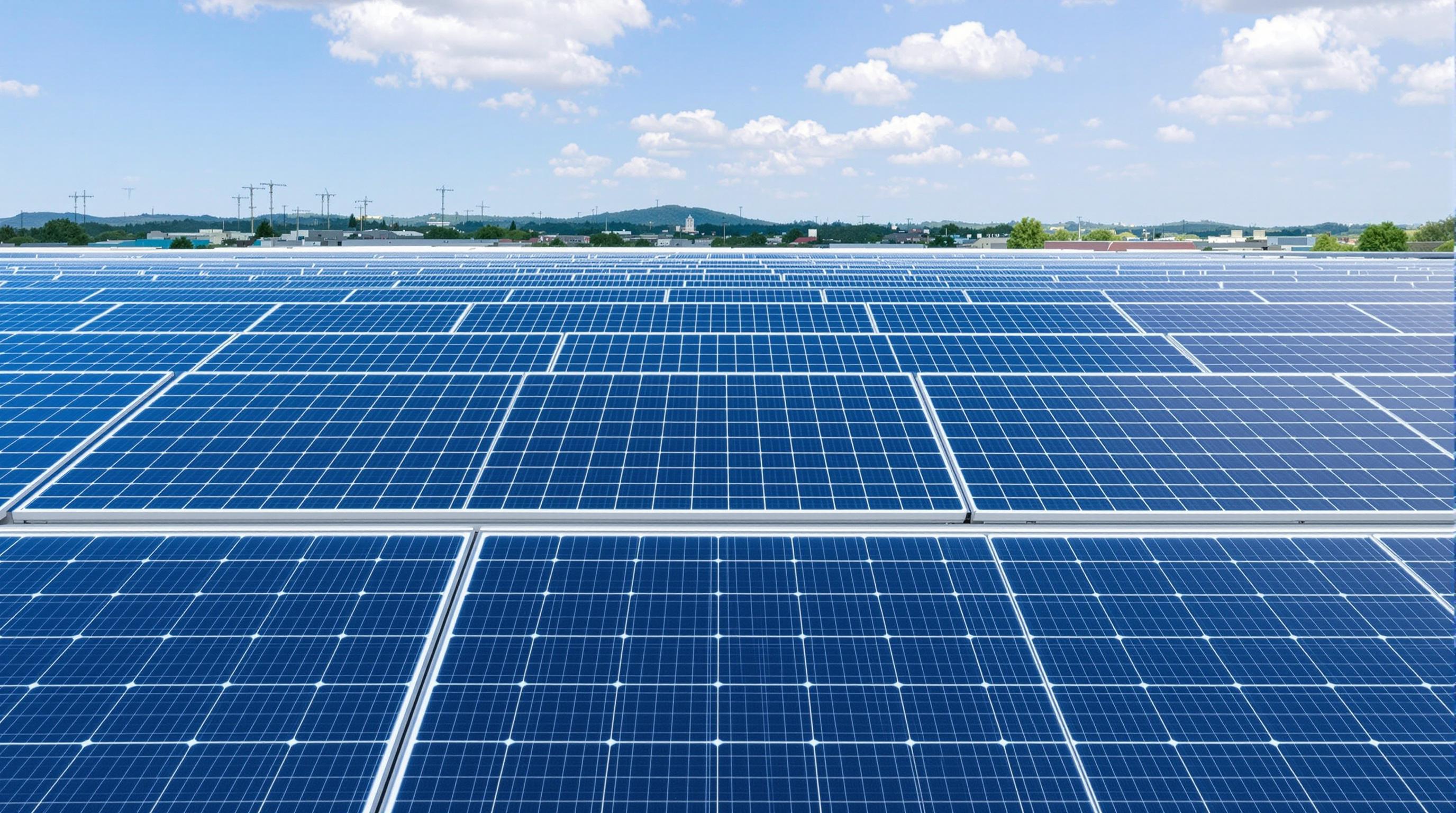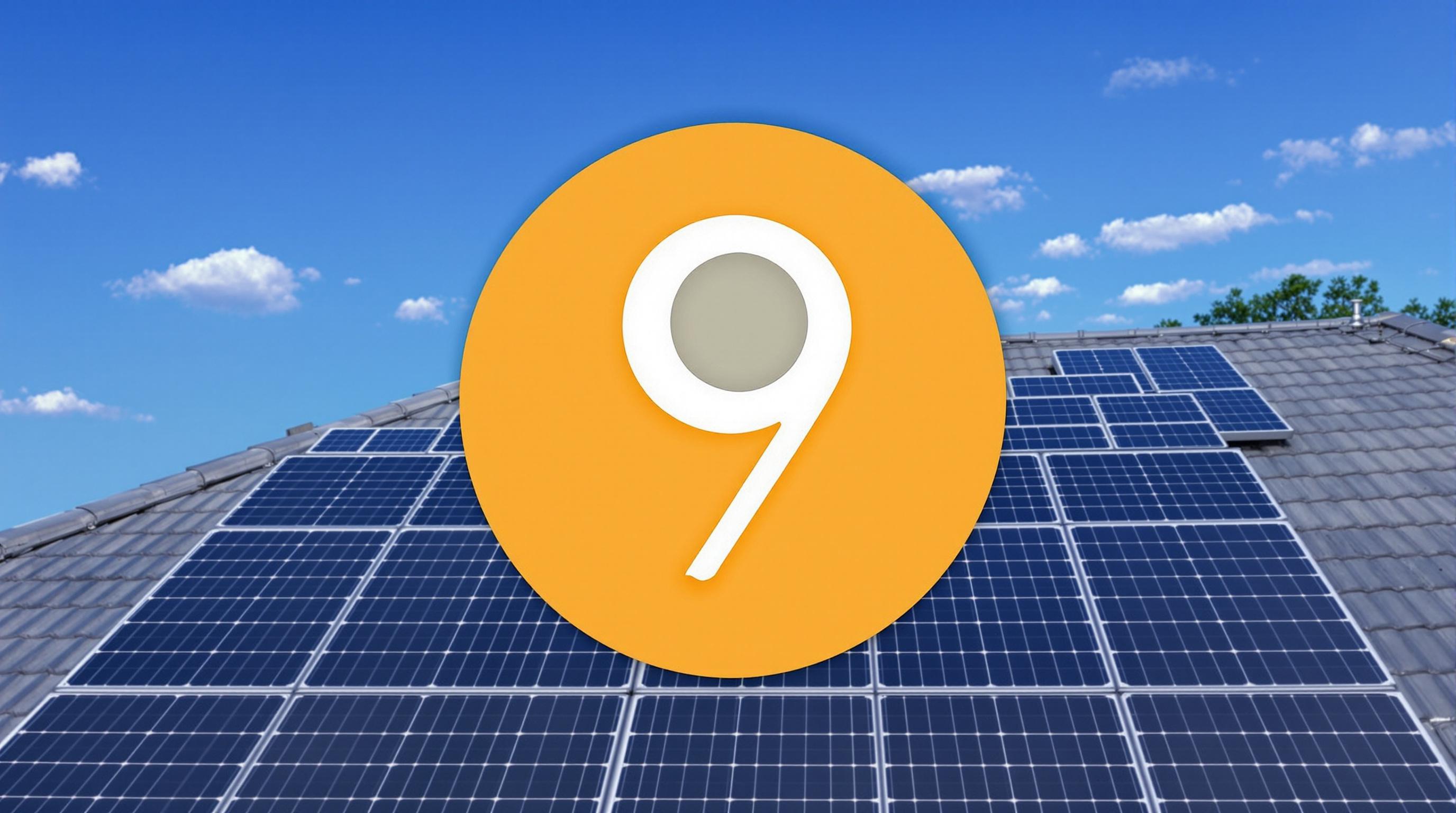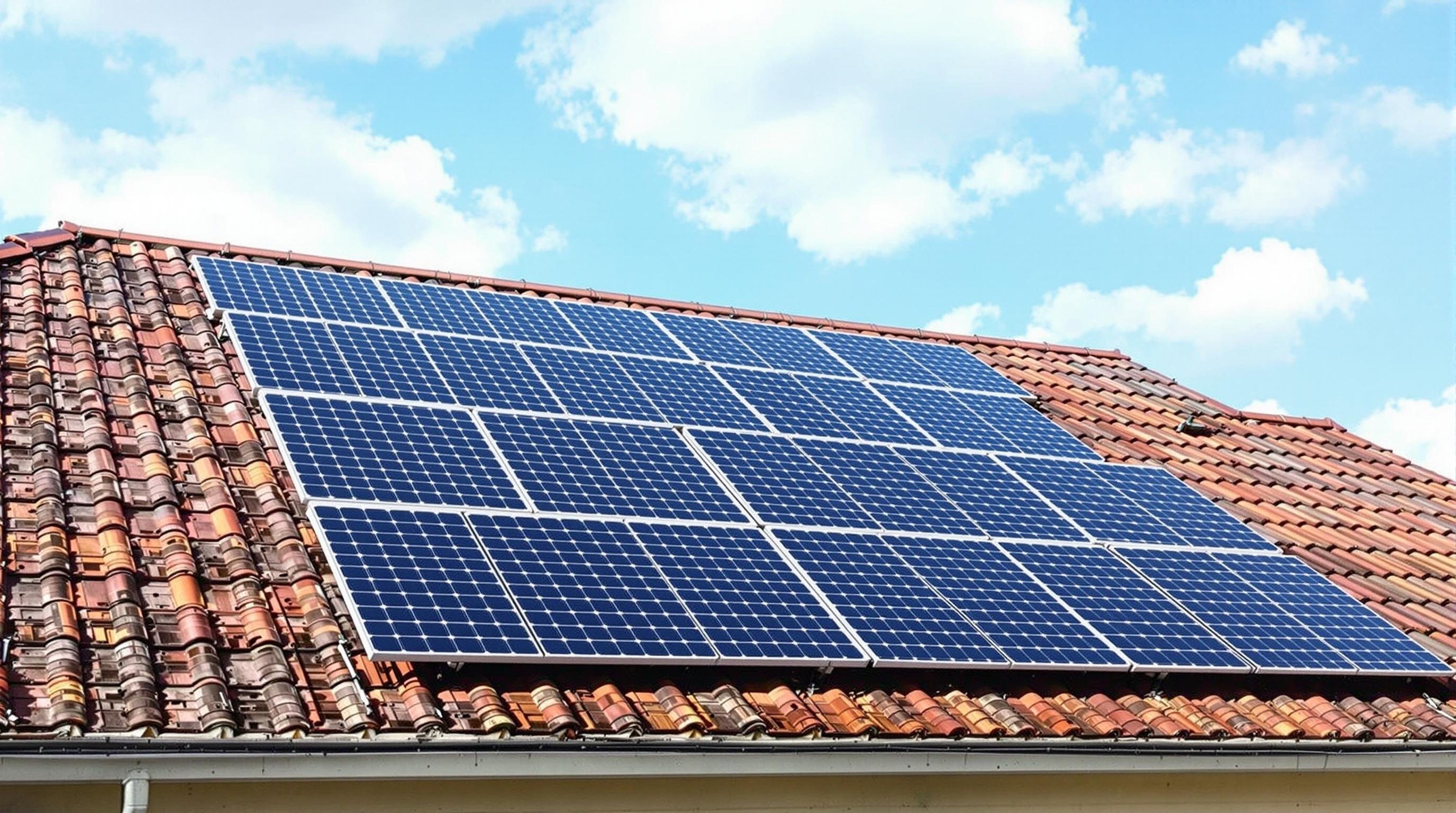Related Articles
- 7 Game-Changing Off-Grid Solar Kits from the Last 5 Years Ranked for Peak Performance and Reliability
- Uncovering the Role of Solar Warranty Disputes in Shaping Consumer Trust and Industry Accountability
- The Role of Behavioral Economics in Shaping Unexpected Solar Investment Decisions Among Rural Entrepreneurs
- Top 5 Emerging Solar Panel Brands Since 2019 That Outlast the Competition in Real-World Tests
- Top 6 Trailblazing Ground Solar Frames Unveiled Since 2019 Revolutionizing Installation Speed and Durability
- How Biodegradable Mounting Materials Could Revolutionize Eco-Friendly SolarRoof Installations by 2030
Uncovering the Role of Solar Warranty Disputes in Shaping Consumer Trust and Industry Accountability
Uncovering the Role of Solar Warranty Disputes in Shaping Consumer Trust and Industry Accountability
Solar warranty disputes play a critical yet underestimated role in either building or eroding consumer trust and industry accountability within the renewable energy market. This article explores how these conflicts shape perceptions, influence business practices, and ultimately determine the trajectory of solar adoption worldwide.
A Personal Encounter with Solar Warranty Woes
At 68, I recall the excitement of installing my first solar panels a decade ago, dreaming of clean energy and reduced bills. However, when a major inverter failed after just three years—well before its promised 10-year warranty—I entered an unexpected battle navigating warranty claims, customer service, and technical jargon. This experience became a vivid lesson in how crucial transparent and effective warranty processes are to consumers’ peace of mind and confidence in the solar sector.
Data Speaks: Warranty Disputes on the Rise
According to recent research by the National Renewable Energy Laboratory (NREL), approximately 12-15% of residential solar systems experience issues that trigger warranty claims within their first five years (NREL, 2022). Notably, about 40% of these claims encounter delays or denials, frustrating homeowners and redirecting focus away from sustainability to conflict resolution. These statistics highlight systemic challenges that must be addressed to maintain trust and foster industry accountability.
The Hidden Costs Behind Warranty Conflicts
Warranty disputes are more than mere inconveniences—they often translate into financial and emotional costs. Consumers may face unexpected out-of-pocket repairs, while companies risk reputational damage. A 2021 market survey revealed that 35% of solar customers hesitated to recommend a provider after dealing with warranty claim difficulties, directly impacting brand loyalty and market growth (Solar Consumer Report, 2021).
The Industry’s Response: Accountability in Focus
Industry leaders are increasingly aware that robust warranty management is not just regulatory compliance but a competitive advantage. Some corporations now incorporate cutting-edge technologies like blockchain to authenticate warranty claims securely, ensuring transparency. These developments signify a move toward improved accountability, fostering stronger relationships with clients and boosting long-term industry viability.
The Emotional Side: Trust and Consumer Psychology
Trust in products hinges on perceived fairness and reliability. When warranties fail consumers, skepticism towards the entire solar installation ecosystem grows. Psychological studies indicate that consumer trust can drop by as much as 60% after unresolved warranty disputes (Journal of Consumer Research, 2020). Hence, managing warranty processes thoughtfully is essential for maintaining consumer loyalty and promoting positive word-of-mouth.
Legal Battles and Regulatory Oversight
Countries with evolving solar markets have witnessed increasing regulatory scrutiny in response to consumer complaints. For example, in 2019, California's Public Utilities Commission implemented stricter warranty disclosure mandates after a legal complaint from consumer rights groups documented widespread warranty abuses (CPUC, 2019). Such oversight pressures manufacturers and installers to uphold higher standards or face penalties.
Humor Break: Warranty Disputes or Soap Operas?
Picture this: a solar panel warranty dispute unraveling like a season of a dramatic soap opera—unexpected plot twists, mysterious customer service disappearances, and cliffhangers that leave you waiting for months! While humorous in hindsight, this scenario reflects a genuine frustration consumers face daily, underscoring why better systems are desperately needed.
Case Study: Turning Conflict into Collaboration
Consider SunBright, a mid-sized solar company in Texas, which revamped its warranty handling after a surge in disputes a few years ago. By establishing a dedicated resolution team and simplifying claim processes, SunBright reduced dispute times by 50%, leading to a 20% increase in repeat customer sales within two years. This case exemplifies how proactive measures can convert warranty challenges into business opportunities.
How Consumers Can Proactively Safeguard Themselves
For prospective solar adopters aged 16 to 70, understanding warranty terms before installation is vital. Consumers should seek clearly written contracts and inquire about claim procedures and timelines. Joining community forums to share experiences and questions also empowers new buyers to anticipate and manage potential warranty issues effectively.
Conversational Reflection: Why Should You Care?
Hey! Wondering why this matters to you? If you’re thinking about going solar or simply curious about green tech, warranty disputes could impact your trust in the system or your wallet. Knowing the quirks behind solar warranties means you’re better prepared and less likely to get stuck in an annoying dispute mess. Plus, it helps push the industry to be honest and accountable. Not too shabby, right?
Global Perspectives: Warranty Disputes Beyond Borders
In emerging markets like India and Brazil, where solar adoption is booming, warranty disputes frequently arise due to poor consumer education and inconsistent regulatory frameworks. For instance, a 2023 study published in Renewable Energy Journal found that over 30% of Indian residential solar customers faced unresolved warranty claims within their first three years (REJ, 2023). Improving warranty infrastructure in these markets is paramount to sustaining growth.
The Future Outlook: A Trustworthy Solar Industry
As the world pivotally shifts towards renewable energy, the importance of transparent Solar Warranty frameworks cannot be overstated. Technological innovations, stronger regulations, and consumer education will collectively bring about a more accountable environment. When warranties work as promised, solar energy’s promise of a sustainable future becomes a shared reality rather than a hopeful aspiration.




